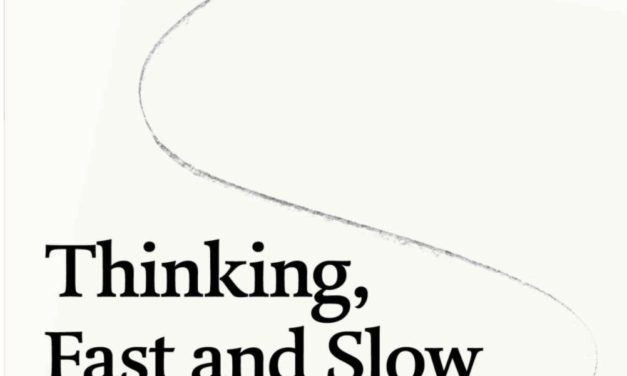Two Streams, One River
Two intellectual traditions — one emphasising embodied appreciation (Dewey, Bateson, Vickers, Checkland, Stacey), the other cognitive extension (Haraway, Clark) — have developed independently for decades. This paper argues that their convergence, seen through the lens of Recognition Theory, reveals the metacrisis as cognitive extension outpacing regulatory feedback at civilisational scale, and reframes the Three Horizons model accordingly.
Read More





